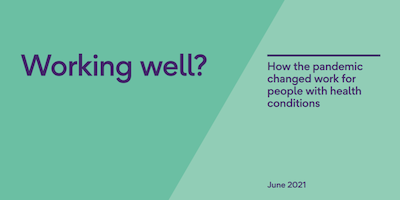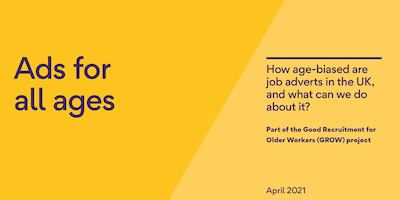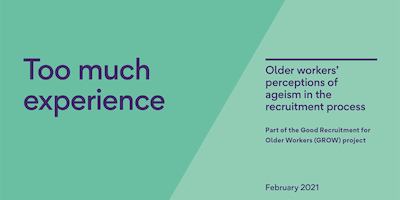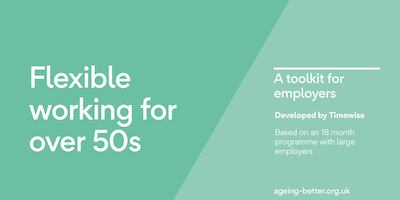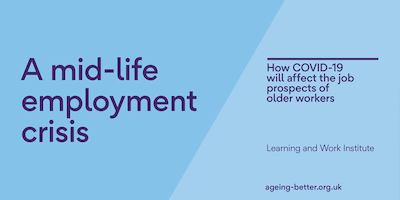Ageism in the workplace
There is no expiry date for workers, but as people get older many face discrimination on the basis of their age – or challenges accessing the work that works for them.
Our country wastes a huge amount of talent, skills and experience by denying older workers the chance to find new jobs. Minimising age-bias in recruitment is an essential part of being an age-friendly employer.
Age discrimination in recruitment
More than a third (36%) of 50-69 year-olds feel at a disadvantage applying for jobs due to their age. Our previous research found that age is the least scrutinised and most widely accepted form of discrimination in the UK.
Too many older applicants are frozen out of the job market due to inadequate processes, age-bias and a lack of engagement from employers and recruiters. This ultimately disadvantages employers who fail to draw on the experience and abilities of a significant talent pool.
How older workers are perceived and valued in the job market needs to change so that age is no longer a barrier to people finding jobs, or employers finding people. The job market is going through dramatic changes with the impact of COVID-19, new technology and Brexit, making this work more timely than ever.
Read our Good Recruitment for Older Workers (GROW) guide for practical ways to make recruitment processes age-inclusive.

